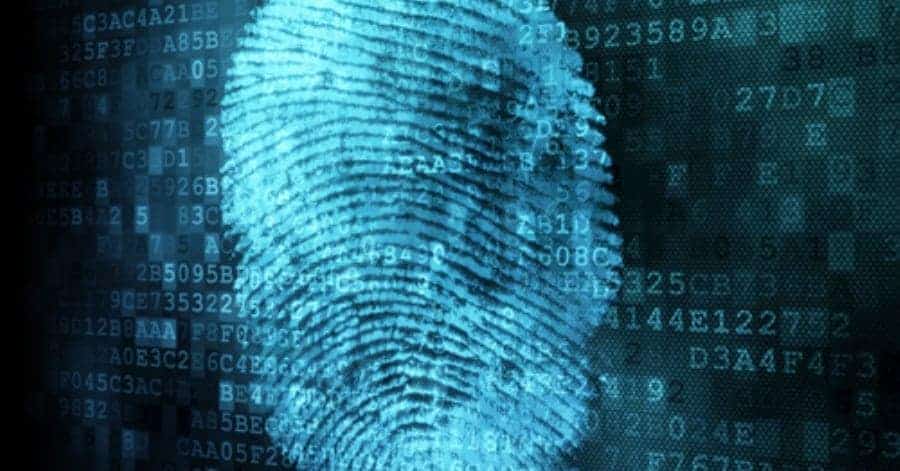

Plans to document the biometric information of every person entering or leaving Australia, as part of a counter terrorism campaign, are being questioned as some critics say this information runs the risk of being misused.
While the Department of Immigration and Border Protection’s (DIBP) indicated that the biometric data would include photographs it is believed it would eventually also include retina scans and finger prints.
The move is one of the first steps the government is taking as part of the country’s Counter-Terrorism Legislation Amendment (Foreign Fighters) Bill 2014. The law means Australia’s Immigration Department is able to enforce facial recognition imaging of all civilians passing through international airports in its effort to crack down on passport fraud.
Australian laws dictate that the DPIB can, at this point, only legally photograph Australians and foreigners entering or leaving the country at any of the country’s ports of entry. Photographs are taken at automated customs gates.
According to subsequent reports, recommendations 34-36 would make it mandatory for Australia’s Customs and Border Protection to first submit their data collection plans to the Australian Privacy Commissioner for approval.
Significantly, the Parliamentary Joint Committee on Intelligence and Security recommendations seek to end or at least delay the DPIB’s plans for the additional collection of biometric information under the Foreign Fighters Bill.
A coalition of 43 advocacy groups including Amnesty International and the Civil Liberties Australia have demanded the government better explain the necessity of the new terror laws which are ostensibly to monitor people taking part in foreign conflicts.
“Australia already has laws to meet the threat posed by foreign fighters,” the letter says.
“In light of this, it is not clear why some of the changes in the bill are necessary, particularly where they could have a major impact on the human rights of every Australian.”